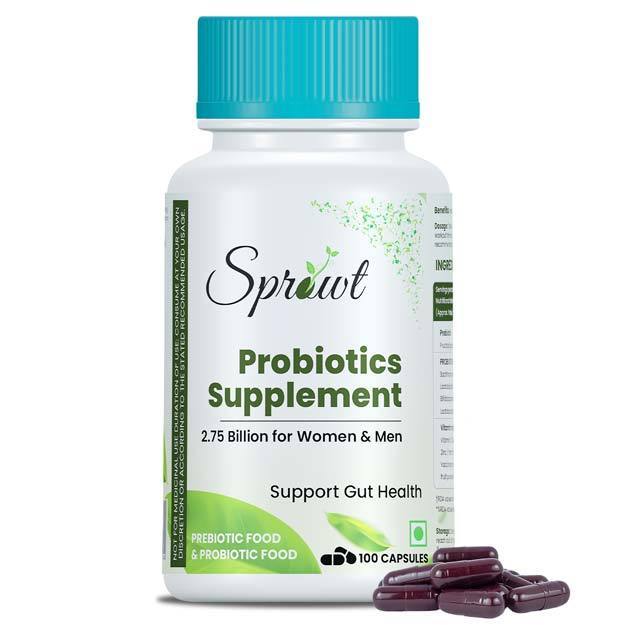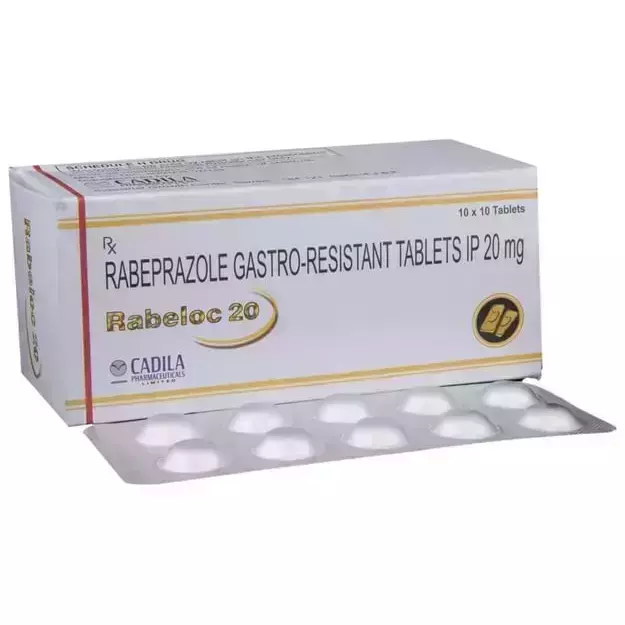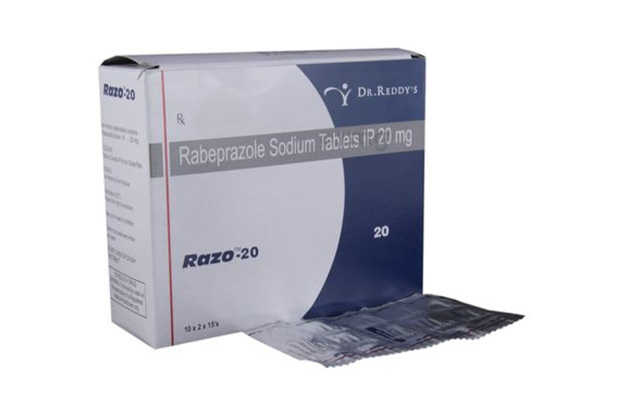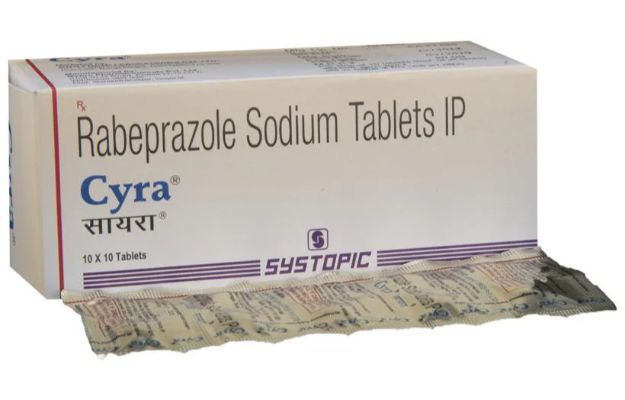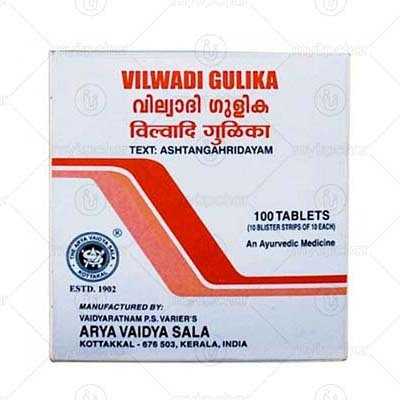Suparab is a commercial drug that is prescribed in the form of Tablet, Capsule. Primarily, it is used for the treatment of Acidity. The alternative uses of Suparab have also been explained below.
The right dosage of Suparab depends on the age, gender, and medical history of the patient. Dosage also depends on the route of administration and your chief complaint for which the drug is prescribed. Refer to the dosage section for a detailed discussion.
The most common side effects of Suparab are Diarrhoea. Apart from the aforementioned side effects, Suparab can also lead to other problems, which have been listed below. Such side effects of Suparab normally do not last long and go away once the treatment is completed. Please speak with your doctor if these side effects worsen or persist for a longer duration.
It is also important to note that Suparab has a Safe effect for pregnant women and Moderate effect on lactating mothers. It is important to know if Suparab has any effect on the kidney, liver and heart. Information on such adverse effects, if any, has been given in the Suparab related warnings section.
Suparab is contraindicated in people with pre-existing medical conditions like Diarrhea (Loose Motions) as it can result in adverse effects. The section on Suparab contraindications lists all such conditions.
Drug interactions for Suparab have been reported in the medical literature. See below for a complete list.
Along with the above-mentioned precautions, remember that taking Suparab is considered not safe while driving, and is not addictive.
X









